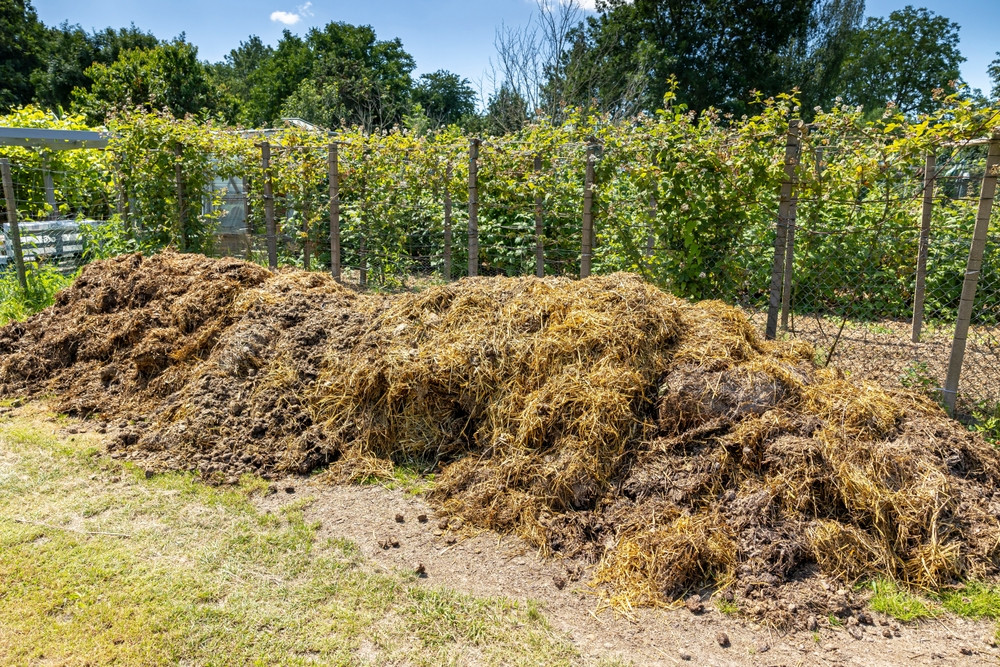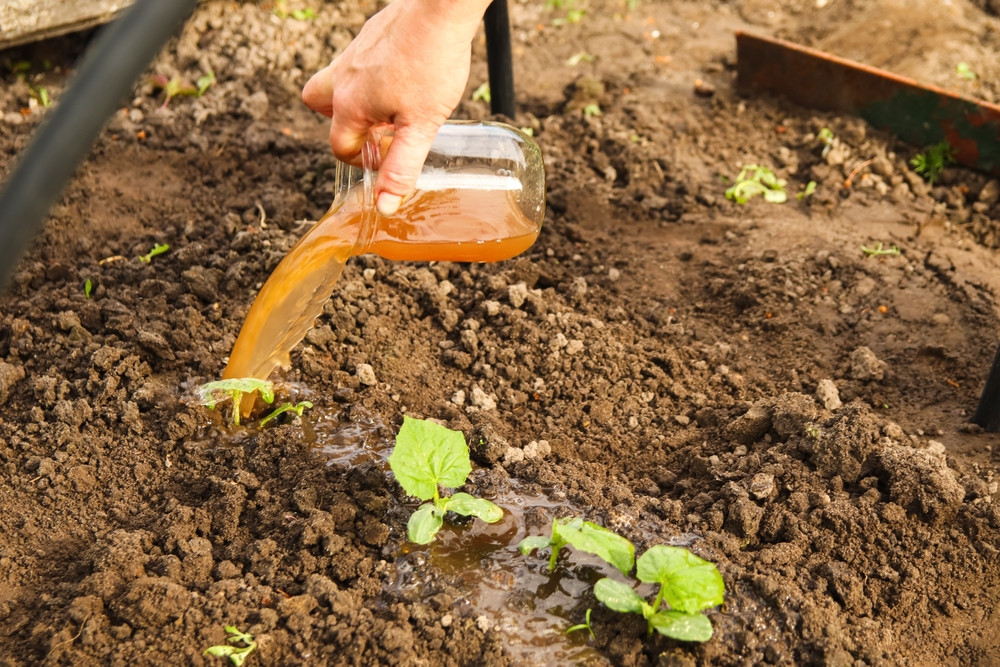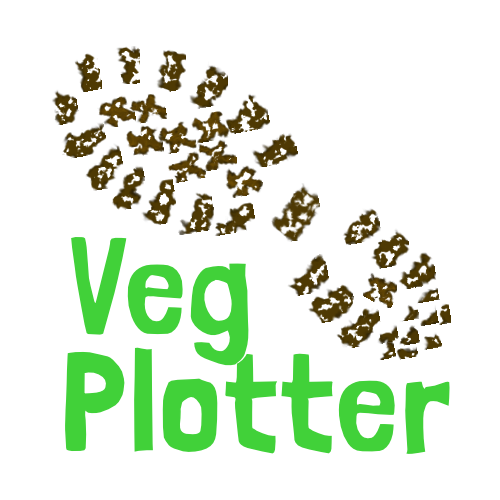Muck & Magic!

Manures have long been treasured by gardeners for their ability to enrich the soil naturally, fostering healthy growth and bountiful harvests. While farmyard manure (FYM) is often hailed as the gold standard, there are numerous alternatives readily available to urban and rural gardeners alike. Let's explore some of these valuable organic resources and how to use them effectively in your garden.
1. Horse Manure Horse manure, especially from horses bedded on straw, is prized for its balanced composition of dung and urine. It's typically available from riding schools or stables, often at a reasonable cost or even free if you arrange for delivery. Ensure it's well-rotted to avoid introducing unwanted seeds and pathogens into your garden beds.

2. Pig Manure High in nitrogen, pig manure is excellent for enriching soil fertility. Look for straw-based manure that has decomposed sufficiently, as neat pig dung lacks the beneficial organic matter found in composted mixtures.
3. Goat Manure Similar to horse manure in nutrient content, goat manure offers a rich source of minerals and trace elements. If you have access to someone keeping goats, it's worth seeking out this nutrient-dense option for your garden.
4. Poultry Manure Ideal for those with limited space, poultry manure from chickens or free-range farms provides a constant supply of nitrogen-rich organic matter. It can be applied directly to the soil or used to activate compost heaps.
5. Sheep Manure While collecting sheep manure may require some effort, it's worth it for its effectiveness in creating liquid manure. Obtain permission from landowners to gather small quantities from grazing areas, as it's typically offered free of charge.
6. Pigeon Manure Pigeon fanciers often have surplus manure from their lofts, which makes an excellent compost activator. It's highly potent and should be used sparingly or diluted when applied to garden beds.
Using Manure Effectively Fresh manure must be allowed to decompose before use to prevent plant scorching. Stack large quantities on a solid base, keep it moist, and cover with polythene to retain moisture and protect from rain. Alternatively, opt for dried manure available in garden centers, which is ready to use and has minimal odor.

Homemade Liquid Manure For a cost-effective liquid fertilizer, fill a hessian sack with sheep manure and suspend it in water for about two weeks. This homemade brew can be applied directly to plants or diluted for use as a foliar spray, providing a nutrient boost throughout the growing season.
Preserving Nutrients When applying well-rotted manure in autumn, cover it with polythene to prevent nutrient leaching during winter rains, ensuring your soil remains rich and fertile for the next growing season.
Manure Rotation Implement a rotation system in your garden to consistently enrich different sections of soil with well-rotted manure. This practice ensures that crops such as beans, garlic, and tomatoes receive the nutrients they need year after year.
By harnessing the power of various manures, gardeners can sustainably enhance soil health and foster robust plant growth without relying heavily on synthetic fertilizers. Whether sourced locally or made at home, integrating manures into your gardening routine can yield fruitful results season after season.






